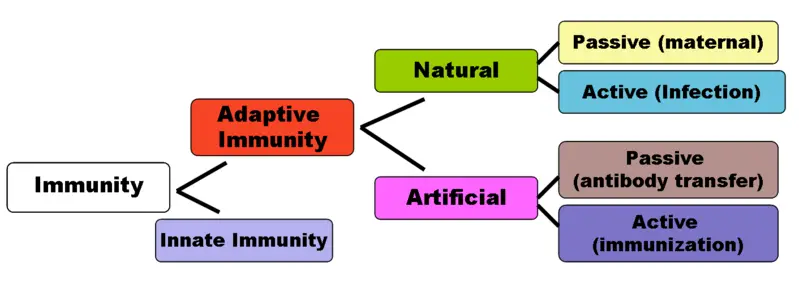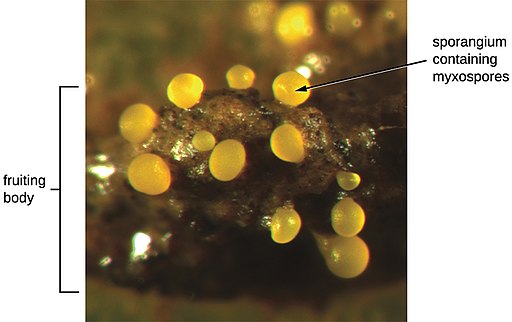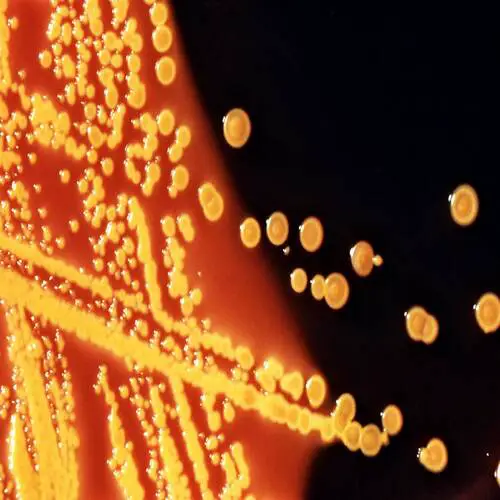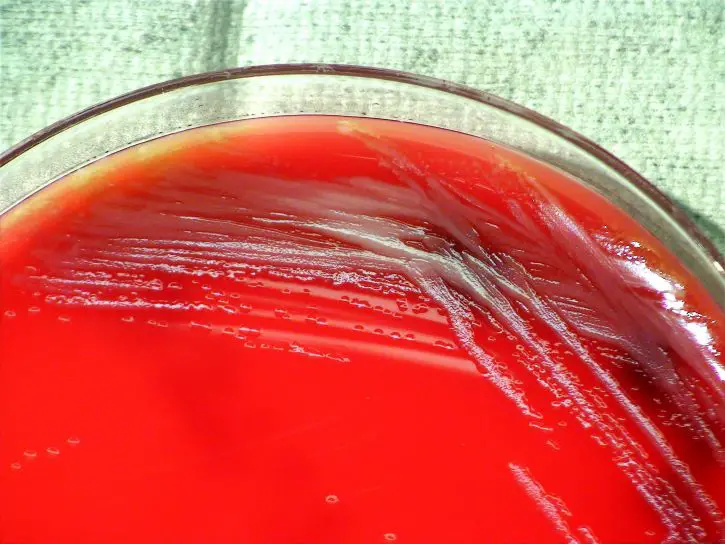Immunology
Definition, Types, Tests, Innate and Adaptive Immunity
Definition: What is Immunology?
Immunology, which began as an effort to understand and intervene in various disease states, is the science that is focused on the study of both the structure and functioning of the immune system.
Apart from basic study that gives focus to the functioning of the immune system, immunologists also study the manner in which disorders of the immune system itself affect (by attacking healthy cells) the body in clinical immunology.
Since the term immunology was coined in the early 1900s, a number of sub-disciplines have been added to the discipline giving focus to specific fields of interest.
Sub-disciplines include:
- Molecular immunology
- Cellular immunology
- Humoral immunology
- Immunogenetics
Some of the most recent news in the discipline include:
· A genetic mutation associated with the prevention of HIV infection has been shown to result in early death.
· In mice, change in diet has been shown to affect the interaction between T cells and bacteria.
· A rogue hybrid lymphocyte has been identified in patients with Type I Diabetes - This Novel type of cell has been linked to autoimmunity.
· Symbiotic bacteria (e.g. in the gut) have been shown to help animals to tolerate given diseases.
· Exposure to bacteria has been shown to begin in the womb - This has been shown to help the fetus develop its immune system early on.
The Immune System
The immune system is a complex system composed of a number of specialized organs, cells, and molecules (proteins). Together, these players defend the body against attacks by various foreign invaders, particularly microbes, which tend to cause infections.
Various microbes/germs infect specific hosts due to the favorable conditions that the host (specific cells/tissues of the host) provides for growth and reproduction. However, given that these organisms end up causing harm to the host, it is the role of the immune system to protect the body against them.
Although the immune system plays an important role in protecting the body from various foreign invaders, there are cases in which it attacks healthy body cells resulting in diseases and allergies etc.
* The immune system acts in response to an antigen (e.g. viruses or molecules on a microbe etc) that are recognized as foreign markers. It is for this reason that tissue transplants are rejected in some cases.
The structure of the immune system is composed of the following components:
- Organs/Tissues - E.g. spleen, thymus, appendix, bone marrow, tonsils and thymus etc.
- Cells - White blood cells (granulocytes, monocytes - all leukocytes etc)
Innate and Adaptive Immunity
In the body, various cells, proteins and tissue/organs that protect the body from invaders are divided into two main systems.
These include:
Innate Immune System
The innate immune system is the first line of defense against invaders. It's described as being non-specific and protects the body through the following mechanisms:
Physical barrier - The tight junctions between epithelial cells (of the skin) make it difficult for pathogens to gain entry into the body. In other parts of the body (nose, mouth, etc) the epithelial cell contains such protective features as cilia that trap foreign material thus preventing them from gaining entry into the body.
Chemical barriers - Such chemical factors as the acidic conditions of the digestive tract create an unfavorable environment in which some invading microorganisms cannot survive.
Cellular responses - Unlike other cells of the immune system, those of the innate immune system are non-specific. As such, they not only respond to a range of invading microbes and material in the body, but also activate more specific cells.
Examples of cells of the innate immune system include:
· Neutrophils - Circulate in the body and destroy invading microbes by ingesting them (through phagocytosis).
· Macrophages - Can be found in many tissues in the body. They trap and destroy invading microbes through phagocytosis. They also secrete signals that recruit other cells to the affected site.
· Dendritic cells - Found in various tissues and serve to bridge the two systems of immunity (innate and adaptive). However, they also destroy invading microbes through phagocytosis.
· Natural Killer Cells - Release chemicals that destroy the invading organism.
Adaptive Immunity
Also known as the acquired immune system, adaptive immune system takes over when infections get past the first line of defense. This line of defense is slower, compared to the first line of defense.
Unlike innate immunity, adaptive immunity is antigen-specific which means that cells of the adaptive immune system respond to specific molecules on the pathogen.
Cells of the adaptive immune system include:
· T cells - T-cells include: Helper T cells (activate B cells), Cytotoxic T cells (destroy infected cells), and Regulatory T cells (regulate immune response)
· B cells - Secrete high amounts of antibodies (IgG, IgA, IgD, IgE, IgM) that bind and neutralize specific microbes.
Branches of Immunology
As a branch of biology that studies the immune system, immunology is also divided into several sub-disciplines that include:
Molecular immunology - is a branch of immunology that studies the immune system and processes of the immune system at the molecular level. Here, then, molecular immunologists are concerned with such processes as signaling and activation of immune cells as well as the structure and functioning of such molecules as receptors and mediators among others.
Through this field of study, it has not only become possible to determine how the immune system works at the molecular level, but also manipulate various aspects of the system for immunotherapy purposes.
Cellular immunology - Unlike molecular biology, cellular biology gives focus to the different types of immune cells that can be found in various tissues and organs in the body. These include such cells as the T and B cells.
Here, immunologists study the different functions of the cells and how they vary (reproduction, functions etc). This has not only made it possible to determine how different immune cells function, but also classify cells of the immune system based on how they are reproduced, their functions as well as other general characteristics.
Immunogenetics - This is the branch of immunology that studies the relationship between genetics (heredity), disease (or given genetic conditions) and the immune system. This is an important branch of genetics that has made it possible to learn more about the history of various diseases/conditions related to the immune system.
Various allergies and autoimmune diseases may have hereditary aspects. Through immunogenetics, then, it is possible to prevent certain diseases from developing in the offspring from family history.
Immunochemistry - Like molecular immunology, immunochemistry is a branch of immunology concerned with the study of various molecular mechanisms of the immune system. Through histological sections, immunologists in this sub-discipline obtain in-depth knowledge regarding such proteins as antigens and antibodies that bind them.
A range of techniques are used to visualize these structures and processes in order to understand how these systems work. A good example of this is the enzyme/substrate reaction used to study how immune cells interact with and destroy invading organisms.
Clinical Immunology - is the study of both the immune system as well as diseases/microbes it reacts to. Main categories of clinical immunology include autoimmunity, immunodeficiency as well as hypersensitivity
Some of the other branches/sub-disciplines of immunology include:
· Immunophysics - a branch of immunology that uses various approaches (biological, physical, etc) to study and manipulate various immune mechanisms.
· Immunopathology - Branch of immunology that studies how the immune system (cells, proteins, etc) respond to various organisms in the body.
· Immunotoxicology - Concerned with the impact of toxins on the immune system. This branch of immunology not only looks at how immune cells respond to toxins, but also how these chemicals affect the cells and other aspects of the immune system.
Immunology Assays/Tests
Immunological tests are used for the purposes of testing various conditions and to learn more about various reactions and mechanisms involved. As such, they are used for different types of routine tests in hospitals as well as for educational purposes in laboratories.
For the most part, these tests take advantage of the immune system of the body to detect such molecules as hormones, pigments as well as viruses among others.
Observing the type of molecules that bind to specific antibodies in the body can help identify the foreign substance and their characteristics. In the laboratory, for instance, artificial antibodies (resembling natural antibodies) are used for this purpose.
Examples of immunological tests include:
Agglutination tests - Examples of agglutination tests include the bacterial agglutination test, the particulate agglutination test and the latex agglutination test among others. Through these tests, it becomes possible to identify agglutinations (clumping) as a result of reactions between given antigen and antibodies (agglutinins).
Enzyme immunoassays - Commonly known as enzyme-linked immunosorbent assays (ELISAs) enzyme immunoassays are tests used for the purposes of identifying given antibodies or antigens in a sample. This test is also used to quantify the molecule of interest in a sample.
Western blot test - is an important technique in molecular immunology used to identify certain proteins. For instance, in HIV diagnosis, the technique is used to detect antibodies of the virus through the separation of blood proteins.
Complement fixation - This is one of the most commonly used methods of identifying or testing the presence of an antibody in serum using an indicator system.
Allergy tests - Test used to identify/determine given allergens and to diagnose hypersensitivity to various molecules.
Check out:
Return to learning about White Blood Cells
Return from Immunology to MicroscopeMaster home
References
Arno Helmberg. (2018). Immune System and Immunology.
Klaus D. Elgert. (2009). Immunology: Understanding The Immune System.
National Institute of Allergy and Infectious Diseases
National Cancer Institute. (2003). Understanding the Immune System How It Works.
Richard Warrington et al., (2011). An introduction to immunology and immunopathology. ResearchGate.
Tahrin Mahmood and Ping-Chang Yang. (2012). Western Blot: Technique, Theory, and Trouble Shooting
Links
https://plato.stanford.edu/entries/immunology/#EcoImmu
https://research.med.virginia.edu/cic/mission/what-is-immunology/
Find out how to advertise on MicroscopeMaster!
![MRSA ingested by Neutrophil by National Institutes of Health (NIH) [Public domain] MRSA ingested by Neutrophil by National Institutes of Health (NIH) [Public domain]](https://www.microscopemaster.com/images/MRSA_Ingestion_by_Neutrophil.jpg)





